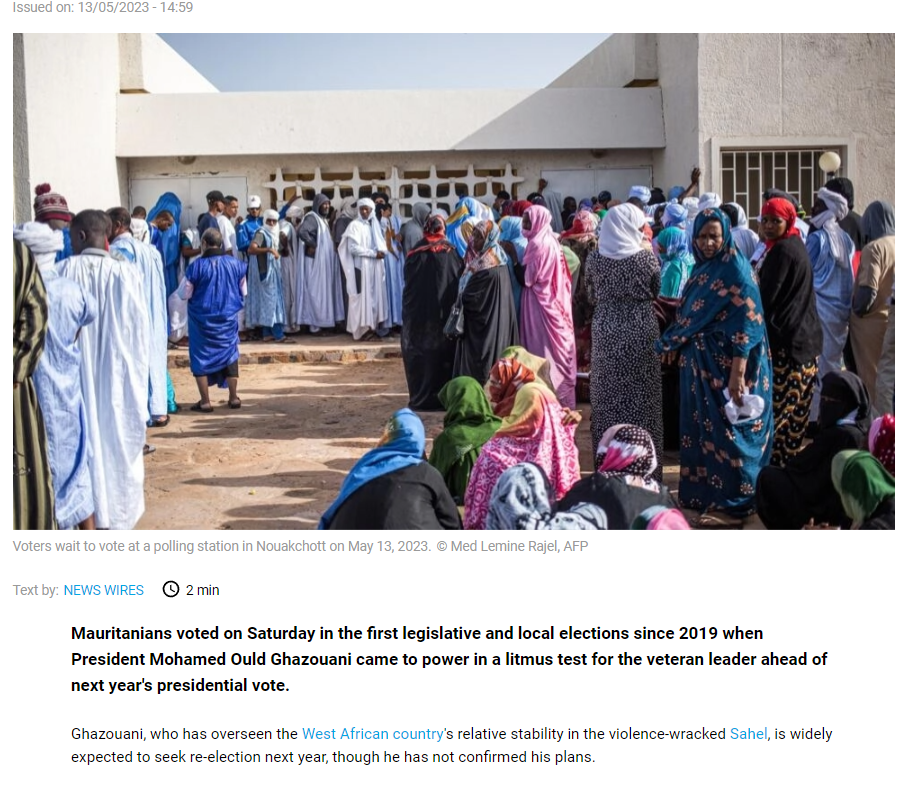
Comparing economic indicators for countries associated with BRICS and the G7
Economic data showed that "the BRICS economy has surpassed that of the Group of Seven."The data indicated that "the Group of Seven, 30 years ago,...

Economic data showed that "the BRICS economy has surpassed that of the Group of Seven."The data indicated that "the Group of Seven, 30 years ago,...

The work of the 32nd regular session of the Arab Summit took place in the Saudi city of Jeddah, Friday, in the presence of a...

The optics are unmistakable: while the G7 meets in the Japanese city bombed by weapons of mass destruction to forces Japanese leaders to end the...

Turkish President Recep Tayyip Erdogan spoke to CNN about a number of files, including elections and foreign policy.The Turkish president said he would work "without...

Russian President Vladimir Putin and his Iranian counterpart, Ebrahim Raisi, witnessed via video link today, Wednesday, the signing of an agreement to finance and build...

The settlers arrived at Bab al-Amoud, one of the entrances to the blessed Al-Aqsa Mosque in occupied Jerusalem, in order to participate in the march...

The Israeli “Alma” research institute published a video clip that monitors details, which it said is of a secret base for Iranian drones dedicated to...

Parsing the news and analysis released by Ukrainian and Russian sources about the status of Bakhmut, the year-long battle in the city appears to have...

US Secretary of Defense Lloyd Austin argues that Russia's success in Ukraine will push China to invade Taiwan and encourage other countries to do the...

Counting of votes in the Mauritanian parliamentary and local elections continue; the tabualtion began on Saturday - after polling stations closed their doors at seven...